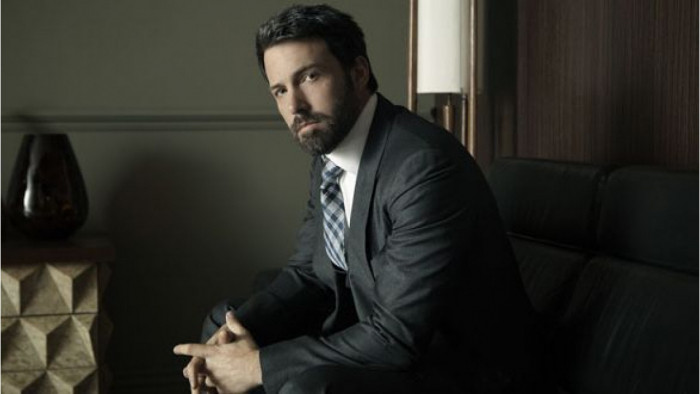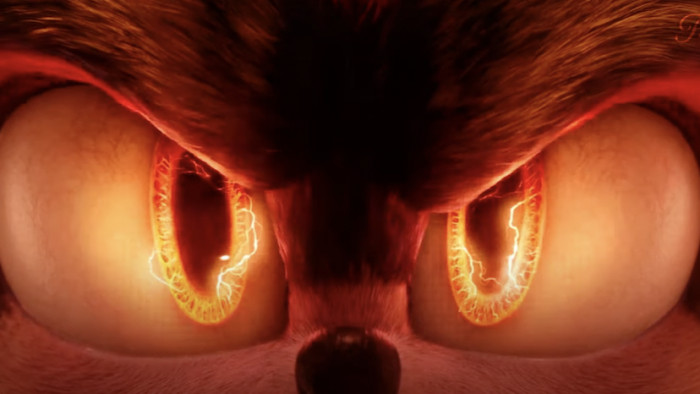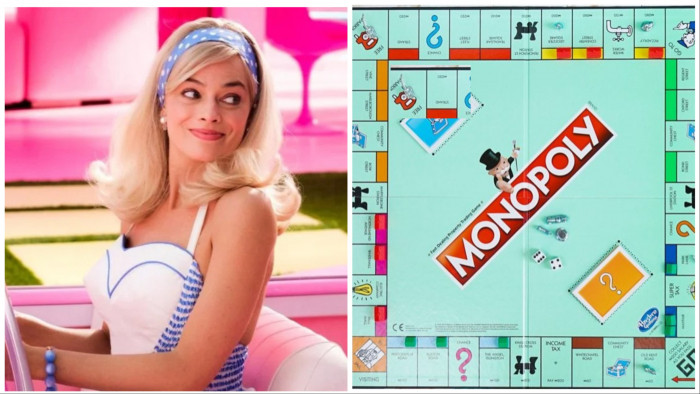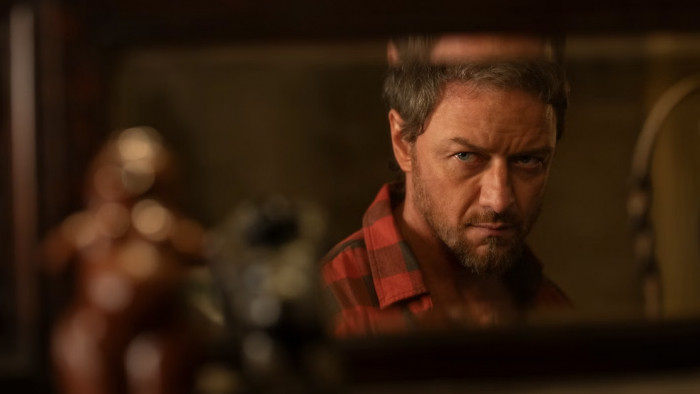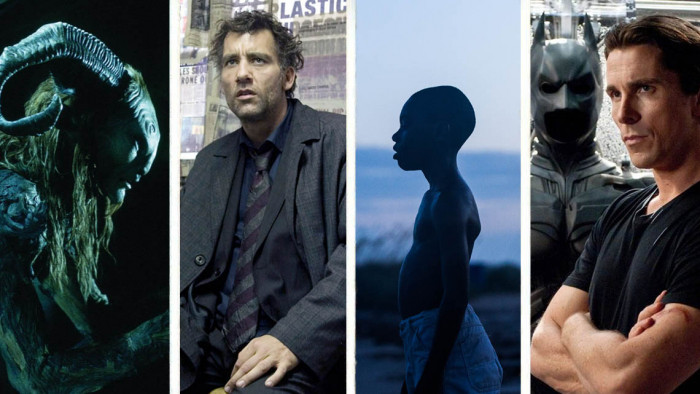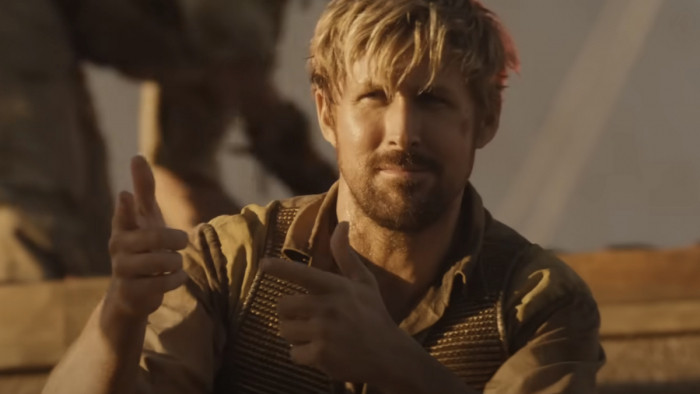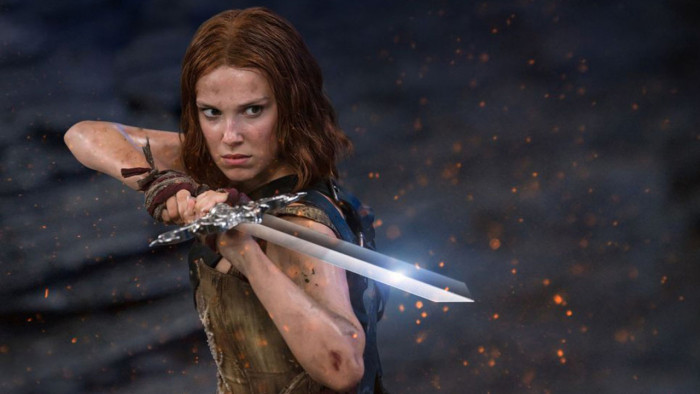He’s not always been flavour of the month, but thanks to a near-faultless directing career, Ben Affleck is cool again. Andrew Dickens bathes in the chill of his aura
Ben Affleck’s career resembles a ski-jump. From the mountainous heights of co-writing and co-starring in Good Will Hunting with his friend Matt Damon, he then plummeted, courtesy of some high-profile turkeys such as Pearl Harbor and Gigli, seemingly towards icy professional oblivion. However, he was spared a life of guest roles in Two And A Half Men by adding a new string to his bow: directing. It’s seen him soar like an eagle (not the Eddie variety) towards the top of the list of Hollywood’s best young filmmakers. To date, he’s directed three features; all of them startlingly good. Gone Baby Gone and The Town both received Oscar nominations, while his latest, Argo, is almost certain to join them.
The true story of a CIA mission to rescue hostages from Tehran by faking a scouting party for a Canadian sci-fi film, Argo recounts one of the most bizarre, yet gripping, tales in espionage history. And, as the 40-year-old explains, you really couldn’t have made it up.
If you’d written this script as fiction, you’d have been laughed at…
It would be one of the worst films ever made if it wasn’t a true story. It would just be so absurd, like one of those films where Martians from space and Santa Claus attack Witch Mountain or something.
There was a lot of competition for the rights…
Yeah. The CIA declassified [the information] in 1997, but they declassify a bunch of stuff and don’t advertise the material. A guy named Josh Bearman found it and wrote this pretty voluminous, interesting, well-researched story. Then there was a bidding situation between various movie companies. He sold it to Smokehouse, which is George Clooney’s company – I guess in part because it was George Clooney – and then George hired Chris Terrio who wrote the script, and finally it ended up with me.
Was casting yourself in the lead a no-brainer?
There’s a part of you, if you’re an actor, that’s always looking for the next great job, always hustling. That part of me realised that the director part of me was going to do a really good movie, and since we were sleeping together, I had a good in.
What’s it like directing yourself? Do you have to give yourself a dressing down sometimes?
That’s actually one of the most important things you miss when you direct yourself; you don’t have a person to kick you in the ass if you don’t have enough energy. Other than that, I find it liberating, because I’m not being directed by somebody with whom I disagree. The environment I create for myself and the other actors is hopefully one of near-complete freedom, where they can do as many takes as they want, take risks and I sort it all out in the editing room.
But you could sack yourself…
It would be embarrassing. But even more embarrassing if someone else sacked me, and I had to stand there as the director and watch the new actor.
Did you use any unusual methods to prepare yourself for the film?
Growing out my hair and beard was pretty unusual, particularly halfway through the process; it was one of the worst looking things you’ve ever seen. More than that, I immersed myself in movies and the culture – magazines, newspapers, listening to records – I loved from the Seventies. I got so in love with that process I took the six [hostages] and made them live on the set for a week, gave them all the newspapers and the records and the magazines and their wardrobes, and took away all their phones and closed the door.
Did they go cold turkey when you took their phones away?
They were having bad iPod withdrawal. There was so much bitter complaint that we had to have a production assistant standing outside with the phones in case of an emergency call. One of the guys, Tate Donovan, really wanted to take his yoga mat in. I said, “The yoga mat is not going in. Your character didn’t have a yoga mat.” He said, “Yoga started in the Seventies. Don’t you know that?” I said, “I don’t give a sh*t. You’re Bob Anders who worked in the state department in 1979 and was 48 years old. I promise you he wasn’t doing f*cking yoga.”
How much did you ‘borrow’ from Seventies films?
A lot. I stole a lot knowingly, and I’m sure subconsciously I stole a lot more. My excuse was that, if the movie looks like a Seventies movie, subconsciously you believe you’re watching something in the Seventies a little bit more. I wanted the audience to believe they were watching something that was old. I picked All The President’s Men to model the CIA stuff on. For the California stuff, there’s a [John] Cassavetes movie called The Killing Of A Chinese Bookie, and it has such a seedy LA vibe. I love the idea that LA felt broken down, and a bit depressed. And then I drew from a bunch of movies for Tehran. Bloody Sunday for the raid; Paul Greengrass did the best version of street chaos I’ve ever seen.
You must have done a lot of research into Iran. Was that easy to do from the US?
It would have been easier if I was British. I wanted to go to Tehran, but the studio said, “Don’t do it.” I spoke with the State Department and they said, “Well, you’ll probably be fine, but you run the risk of the government making your visit a political statement.” I didn’t want that, it’d muck up the whole movie. I tried to get some Iranian filmmakers to take pictures and videos of the scenery, but they were too afraid. It was really depressing; you realise what a Stalinist environment it is in Iran. So we had to use visual effects based on f*cking Google Earth images.
Did you build up an affection for the people, if not the regime?
An enormous affection for the people and the culture. We had a lot of Iranians working with us. Of all the countries in the Middle East – I consider it part of the Middle East though it’s not an Arab country – I think Iran has the highest opinion of the West. I was moved by the people and state of affairs.
Is it hard making a film about living people?
Yeah, it is very hard. What you find is a bit of the Rashomon phenomenon, where people who were at the same place remember events differently. There’s this cliché about acting where, if you’re playing a spear-carrier in a Shakespeare play, the play isn’t Hamlet, it’s a play about a spear-carrier. There’s something similar with people’s lives. The sins you commit in these movies are sins of omission.
Before filming, Matt Damon told us he was jealous of you getting the role. Did you rub it in his face a little?
I should have, but I didn’t know he was envious. I would have been sending him a Xerox every day, emailing him the script all the time.
Why has it been so long since you worked together?
We wanted to have our own identities; this whole Matt and Ben thing was so strong it kind of upstaged whatever the movie was. I think it’s been long enough now, so we’re about to do this movie together called Whitey, about this famous gangster [Whitey Bulger] in America. Matt’s going to play him and I’m going to direct.
You’ve directed three films so far, and they’ve all been hugely acclaimed. What’s the secret to your success?
It’s probably anxiety, the terror that it’s not going to be good – that keeps me worrying and working and staying up late and obsessing about it all night. It’s not particularly healthy, but I think it’s helped make the movies better.
What’s it like going from actor to director? Were you getting the cold shoulder from the actors, socially?
Oh yeah. I’m not one of the guys any more. I remember I was walking over to the house guests and I heard one of the guys talking about getting stoned – I think somebody had brought something into the house – and as I arrived everybody clammed up. I thought “When did I become this guy? What am I, the dad?” I’m an asshole all of a sudden.
You took a bit of stick at one point in your career. Do you look back on those films with dread, or do you think some were underrated?
I definitely took a bit of stick, I like that phrase. Those movies just didn’t work, and it’s frustrating because I think of ways they could have worked, and it burns me. But sometimes it just comes down to making a bet. If you lose, people say, “Oh that’s terrible, you lost.” I just think, “Well, I just as easily could have won.” One of the nice things about my career arc is that I don’t take anything for granted. I work really f*cking hard and I really care about what I do. I know the value of getting up after you’ve fallen on your ass.
Argo is at cinemas nationwide from 7 November
Latest
Related Reviews and Shortlists


